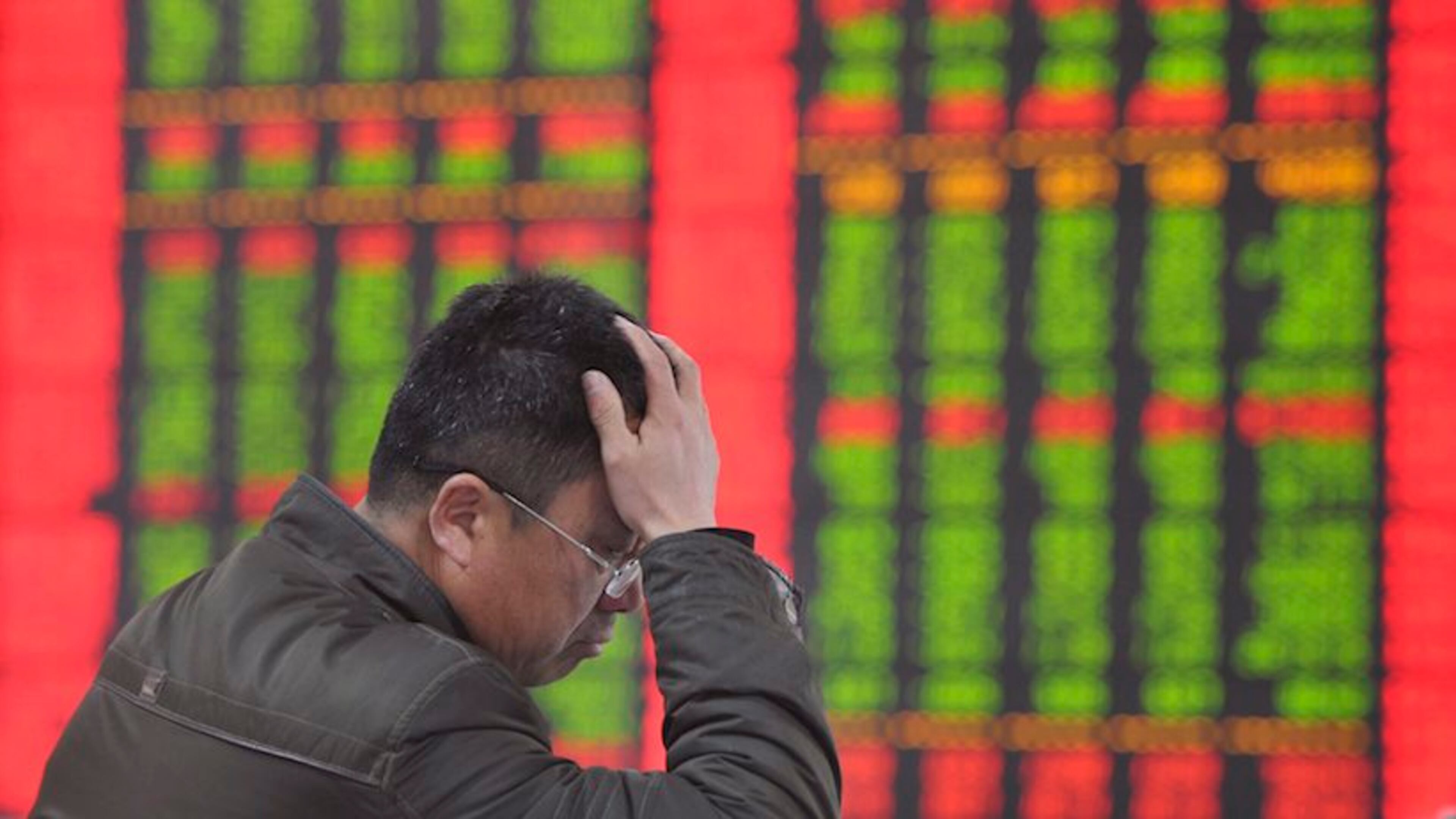Greece, China and the wages of interdependence

When you closely integrate your economy into the global economy, the world becomes your customer, your supplier, your provider of raw materials and labor and your partner in the sometimes risky flow of capital. The economic benefits of such integration can be enormous, but they do not come without a downside.
When you closely integrate your economy into the global economy, you also surrender a large degree of control over your own fate. You exchange independence for interdependence, and as part of the deal, you are no longer as well insulated against a crisis on the other side of the planet; their problem becomes your problem much more quickly.
And to compound the situation, you have little or no ability to fix their problem.
Welcome to 2015.
In Europe, Greece and the European community are at loggerheads over the immense Greek debt. Greece ought to pay it; Greece has no conceivable means of paying it. Irresponsible borrowers and irresponsible lenders each continue to be irresponsible, and the consequence is a potential catastrophe, from the Greek katastrophē. (If you're looking for one piece to put the Greece crisis into context, I'd recommend this one.)
And then there's China, where the stock market is in such a free fall that it has basically ceased functioning. A minimum of $3 trillion in value has disappeared, and the market for much of what remains is frozen. People can't sell stock in many companies because other people cannot or will not buy it, at almost any price, and the all-powerful Chinese government has been rendered helpless to stem the panic.
What's happening in China has seemed inevitable, in some form or another, for a long time. Even a well-functioning market economy would have difficulty resolving all the tensions and contradictions inherent in such a massive growth spurt, and China has nothing like a well-functioning market economy. It is both tightly controlled by government and yet almost totally unregulated, with a thin veneer of capitalism that hides a government-dominated kleptocracy. As such, it is prone to wild, destabilizing swings.
The American economy, which has rebounded from the 2007-08 global crisis better than most other nations, will not be immune to what's happening in China, the world's second largest economy, or in the European Union, which when considered as a unit has an economy even larger than that of the United States. The potential political consequences of a Greece cut loose from the EU, or a China with a government grown fearful of the anger of its own people, may also be significant.
And there's just not much we can do about it but watch.

